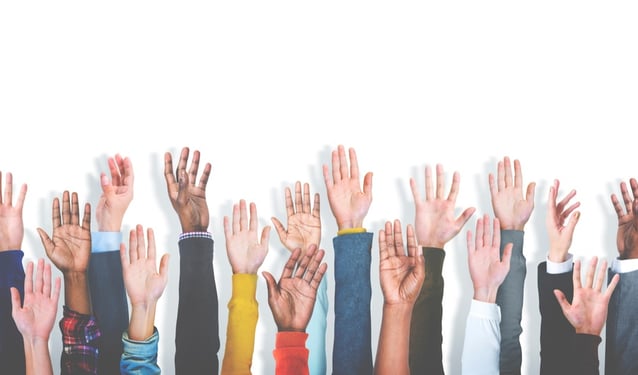Updated Nov. 10, 2023
In today's world, it's increasingly common for healthcare workers across various specialties, from obstetrics to palliative care, to encounter patients from diverse cultural backgrounds. Now, more than ever, establishing connections with individuals from different cultures is essential for delivering optimal care.
Cultural competence within the healthcare sector is the key to bridging the gap in cross-cultural situations, guaranteeing that every patient receives the attention and care they require. Failing to undergo cultural competency training heightens the risk of inadequate patient care. This emphasizes the critical importance of cultural competency training for every healthcare professional.
What Is Cultural Competence in Healthcare?
According to Tulane University's School of Public Health and Tropical Medicine, cultural competence is “a set of congruent behaviors, attitudes and policies that enables effective work in cross-cultural situations.” Further, cross-cultural awareness is the “ability to recognize the cultural factors, norms, values, communication patterns/types, socio-economic status and world views that can shape personal and professional behavior.” When healthcare professionals are aware of different cultures and the beliefs and behaviors that encompass different groups, interactions are more effective and devoid of offensive responses and actions.
Importance of Cultural Competency in Healthcare
In a healthcare setting, cultural competence will allow a healthcare professional to properly assess a situation and modify individual behaviors in order to meet the needs of patients in other cultures “while maintaining a professional level of respect, objectivity, and identity.” An individual from a different culture may approach a situation differently than you would. Cultural factors may influence how they define and evaluate situations, seek help for problems, present problems and information, and respond to interventions and service plans.
The Joint Commission is the nation’s oldest and largest standards-setting and accrediting body in healthcare. Their mission is to ensure that “all people always experience the safest, highest quality, best value healthcare across all settings.” In order to provide this level of care, healthcare professionals need to possess cultural agility, intercultural communication skills, and be culturally responsive. The Joint Commission offers valuable resources to assist with advancing effective communication, cultural competence, and patient- and family-centered care.
Key Cultural Competency Skills to Cultivate:
- Cultivate active and unbiased listening skills.
- Demonstrate respect for diverse points-of-view.
- Promote the expression of varied opinions and perspectives.
- Apply sensitive and effective interaction methods across age, lifestyle, race, ethnicity, and profession.
- Acknowledge the influence of cultural, social, and behavioral factors in public health service delivery.
- Integrate cultural, social, and behavioral factors into care plan development, including behavior changes, treatment compliance, medications, and discharge planning.
- Recognize the significance of dynamic forces contributing to cultural diversity and the value of a diverse public health workforce.
Why You Should Participate in Cultural Competency Training
Anthem Blue Cross states the following reasons why it’s important to increase your cultural competency awareness:
- Perception of illnesses, diseases, and their causes varies by culture
- Beliefs about health, healing, and wellness vary from culture to culture
- Help-seeking behaviors and attitudes toward healthcare providers and services vary according to cultural and socio-economic factors.
- The number of healthcare providers from culturally and linguistically diverse groups is underrepresented.
- The development of cultural awareness is an ongoing process as individuals and different cultures change. With these changes, your understanding and ability to successfully reach different cultures are vital.
How to Select a Quality Cultural Competency Training
The PCC Institute for Health Professionals offers live cultural competency training which enables participants to interact with instructors and with one another. Online sessions are also presented live. Our six-hour training is taught by long-time cultural competency experts who have a history of working with healthcare professionals.
Cultural competency is a lifelong process of learning and not a “check-box” of do’s and don’ts. A genuine understanding of and relationship with people from different cultures and backgrounds will go a long way in delivering successful patient-centered care.




